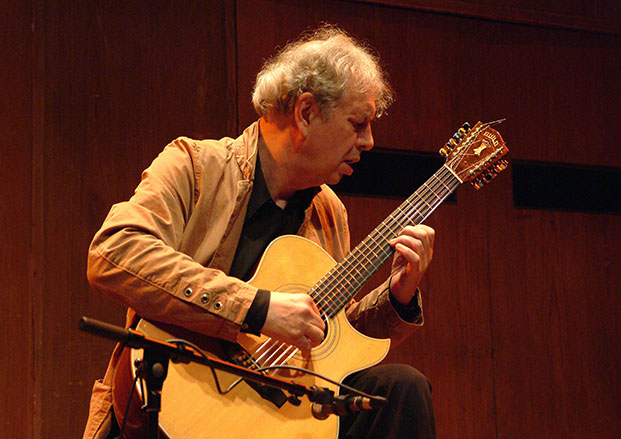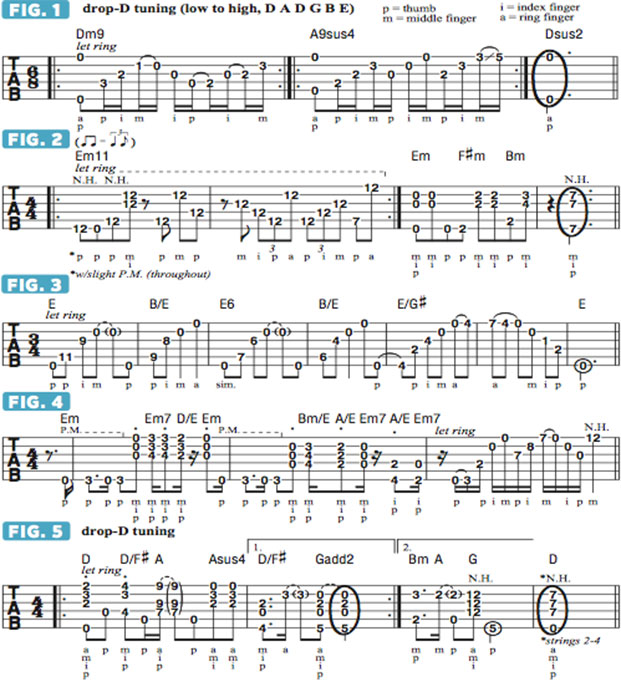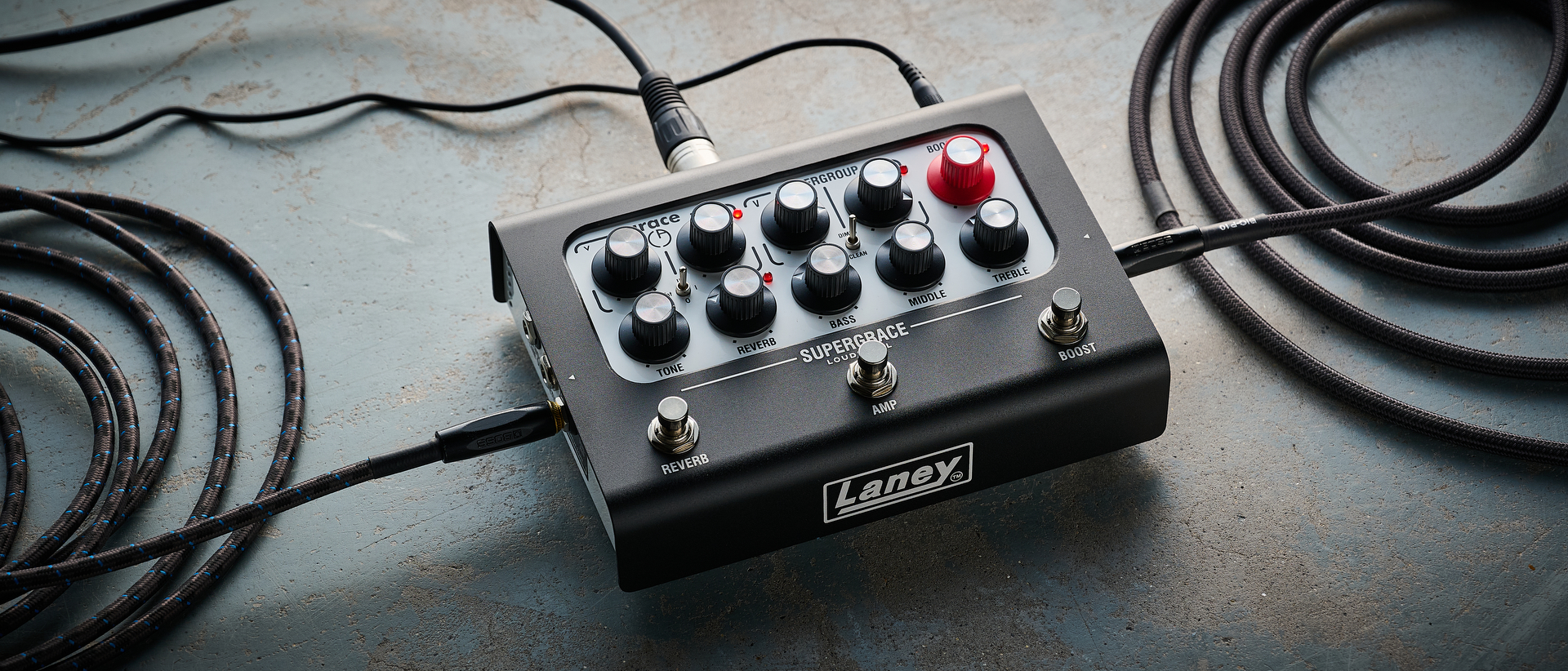Ralph Towner's Nylon and 12-String Craftsmanship
All the latest guitar news, interviews, lessons, reviews, deals and more, direct to your inbox!
You are now subscribed
Your newsletter sign-up was successful

Initially a pianist inspired by jazz legend Bill Evans, it wasn’t until his final year in college (at the University of Oregon) that Ralph Towner picked up a nylon-string guitar and started honing his chops—an odyssey that would, in the coming years (via the band Oregon and other outings), reshape the sound of modern jazz.
A highly inventive nylon- and 12-string acoustic guitarist, Towner’s discography includes numerous pieces featuring prepared guitar—playing cards, drinking straws, paperclips and/or matchbooks woven into his guitar strings, to unique percussive effect (check out “The Donkey Jamboree,” with Gary Burton).
But it is his solo nylon-string guitar repertoire—works from the Eighties onward—that are perhaps the most influential. Let’s celebrate this music, which Towner, now age 78, still performs live, sounding better than ever!
In 1970, Towner appeared on the Paul Winter Consort’s album Road, which included the Towner composition “Icarus” (now a jazz standard); he promptly left to form the modern jazz/world music quartet Oregon, issuing a string of groundbreaking records like Music of Another Present Era which melded jazz, folk, Indian Classical, avant-garde and psychedelic sounds.
Other Seventies Towner highlights include Solo Concert, which featured solo pieces fusing classical composition, odd-meter grooves and jazz improvisation played largely on a 12-string guitar, and collaborations with jazz giants Gary Burton, Keith Jarrett, Gary Peacock, Jan Garbarek and guitarist John Abercrombie, the latter dueting with Towner on 1976’s Sargasso Sea. Towner and Abercrombie reunited in 1982 on Five Years Later, a record boasting “The Juggler’s Etude,” a Towner composition performed in drop-D tuning and based on a blistering fingerstyle passage not unlike FIGURE 1. Begin by polishing bar 1, observing the indicated pick-hand fingerings, as you work this famous riff up to speed.
Towner ended the Eighties with City of Eyes, an album opening with “Jamaican Stopover,” a reggae-influenced, percussive “harmonics” adventure akin to FIGURE 2. To attempt copping Towner’s tone, rest the “heel” of your pick hand near the guitar’s bridge (bars 1-2)—yes, palm muting on a classical guitar!
Oregon celebrated their 35th anniversary in 2005 by releasing Prime, a disc kicked off with Towner’s tune “If” (also issued as a nylon-string guitar solo piece on his 2006 album, Time Line). FIGURE 3 emulates its colorful arpeggiations, capped with a massive E major arpeggio, weaving open strings with fretted notes. A similar arpeggio approach pops up in “Catching Up,” cut on Oregon’s 2007 album, 1000 Kilometers. Dig FIGURE 4’s massive E minor arpeggio in bars 3 and 4, preceded by more Towner-style palm muting (bars 1 and 2) and assorted G, D, Em, Bm and A triads (three-note chords), rhythmically picked on the higher strings.
All the latest guitar news, interviews, lessons, reviews, deals and more, direct to your inbox!
We’ll close this lesson with FIGURE 5, which is performed in drop-D tuning and is a nod to the recent Towner masterwork “In Stride,” the title track of Oregon’s 2010 album (also appearing on the guitar trio MGT’s album, From a Dream). Though technically less tricky than the previous examples, this figure still includes many Towner trademarks, namely harmonics, triads, inversions and inventive rhythms, all in support of an infectious melody.

A singer-songwriter/multi-instrumentalist/film composer, Musician's Institute instructor, and author of 50+ transcription/instructional books, Dale Turner is also Guitar World's "Hole Notes"/"Acoustic Nation" columnist, and the former West Coast Editor of Guitar One magazine. Some of Dale’s old, weird, rare, and/or exotic instruments are featured in his score for WEEDS, the first animated short completed within the Filmmakers Co-op at Disney Feature Animation. His most recent CD, Mannerisms Magnified, was praised by Guitar Player magazine for its "Smart pop tunes that are crammed with interesting guitar parts and tones ... Like what the Beach Boys might do if they were on an acid trip that was on the verge of getting out of control. Yeah!"

